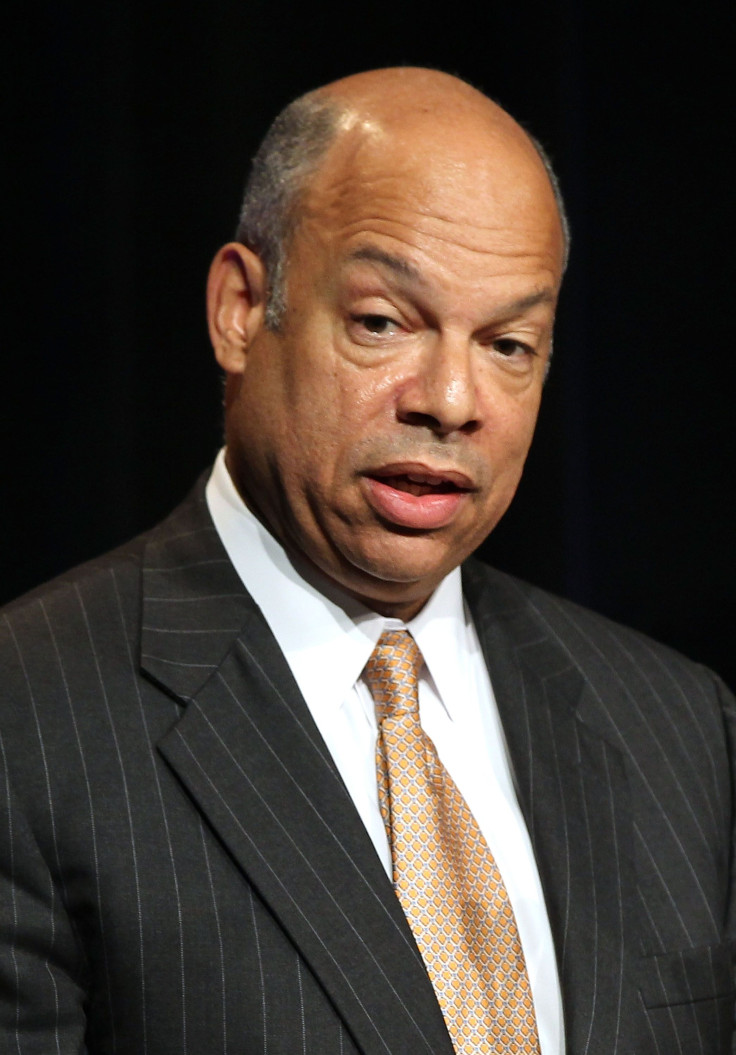
The White House confirmed yesterday that President Barack Obama has tapped Jeh Johnson, the former top lawyer at the Pentagon and central player in many of the Obama administration's most controversial national security and counterterrorism policies to take over as the head of the Department of Homeland Security. If confirmed by the Senate, Johnson will replace Janet Napolitano, who announced in July that she would be leaving the post to become president of California's university system. The president was expected to announce the nomination formally on Friday.
Unlike Napolitano, who served as governor of Arizona for six years prior to being nominated by Obama, Johnson would enter the job with considerable experience in counterterrorism. As the former Defense Department general counsel, he was a key voice in internal debates over the use of overseas drone strikes (especially to kill US civilians), the repeal of the ban on gays serving in the military, the attempt to shutter the detention facility in Guantanamo Bay, and the use of military tribunals in trying terrorism suspects. "The president is selecting Johnson because he is one of the most highly qualified and respected national security leaders, having served as the senior lawyer for the largest government agency in the world," a senior administration official told the Washington Post.
Johnson was an early supporter of Obama in his 2008 presidential run and went on to become a reliable advocate of the president's own ambitions within the Department of Defense, where he would often refer to himself as "the president's man" at the Pentagon, according to the Daily Beast. During internal debates, he is also known to be hawkish, the paper writes, and forcefully represented the institutional interests of the military. In one noted divergence from the president's own legal opinions, however, he concluded that the administration would have to get Congressional approval for participating in an air-based military campaign in Libya in 2011. Obama ended up siding with administration lawyers who said that the campaign did not amount of "hostilities" as defined in the War Powers Act.
Johnson also preceded some of the president's own gestures of doubt about the idea of waging an indefinitely long war against terrorism, asking in a December 2012 speech at the Oxford Union not long after leaving the Pentagon, "Now that the efforts by the U.S. military against al Qaeda are in their 12th year, we must ask ourselves, how will this conflict end?" He added then, "War violates the natural order of things, in which children bury their parents; in war parents bury their children. In its 12th year, we must not accept the current conflict, and all that it entails, as the 'new normal.' "
RELATED: Immigration Reform 2013: Obama To Return To Push For Reform After Debt Ceiling
© 2025 Latin Times. All rights reserved. Do not reproduce without permission.




